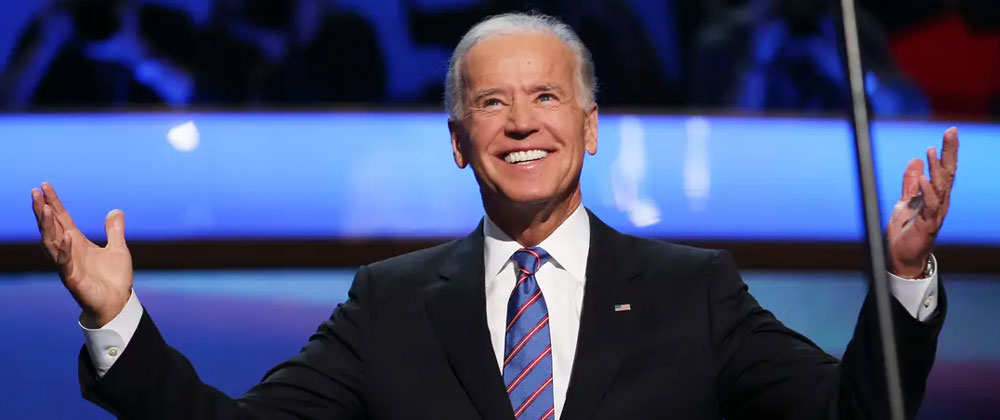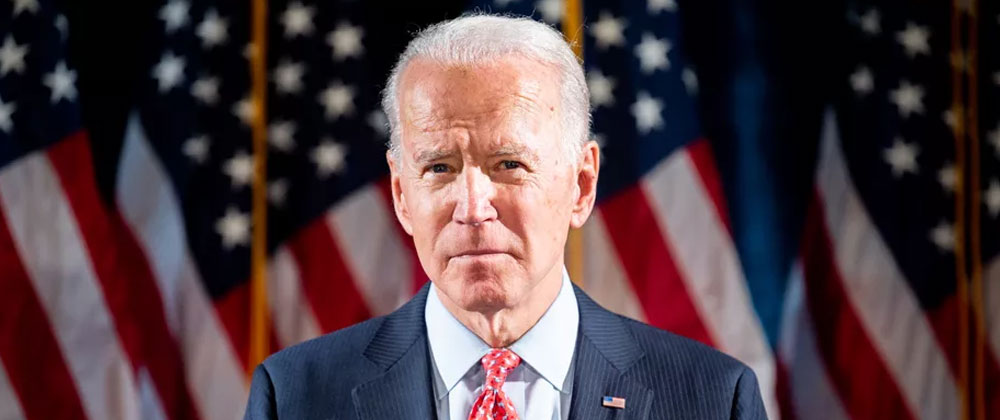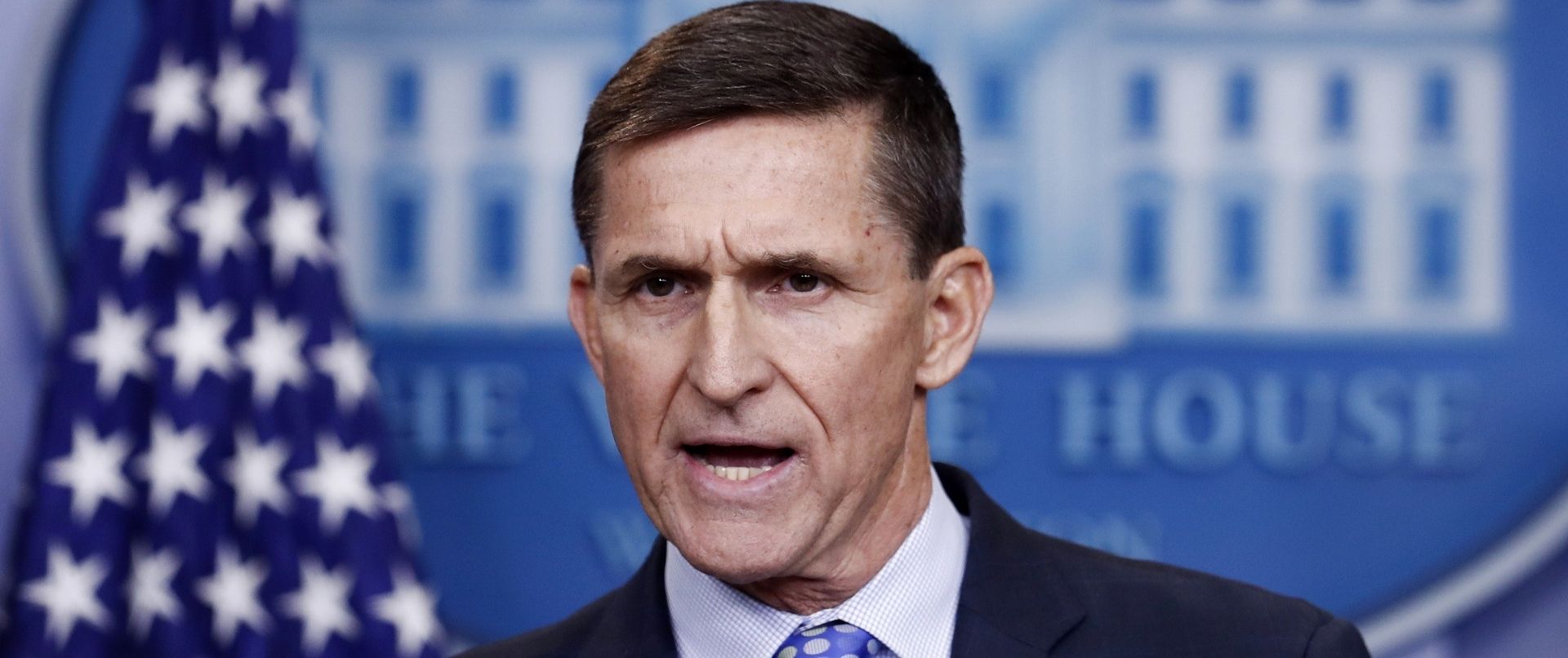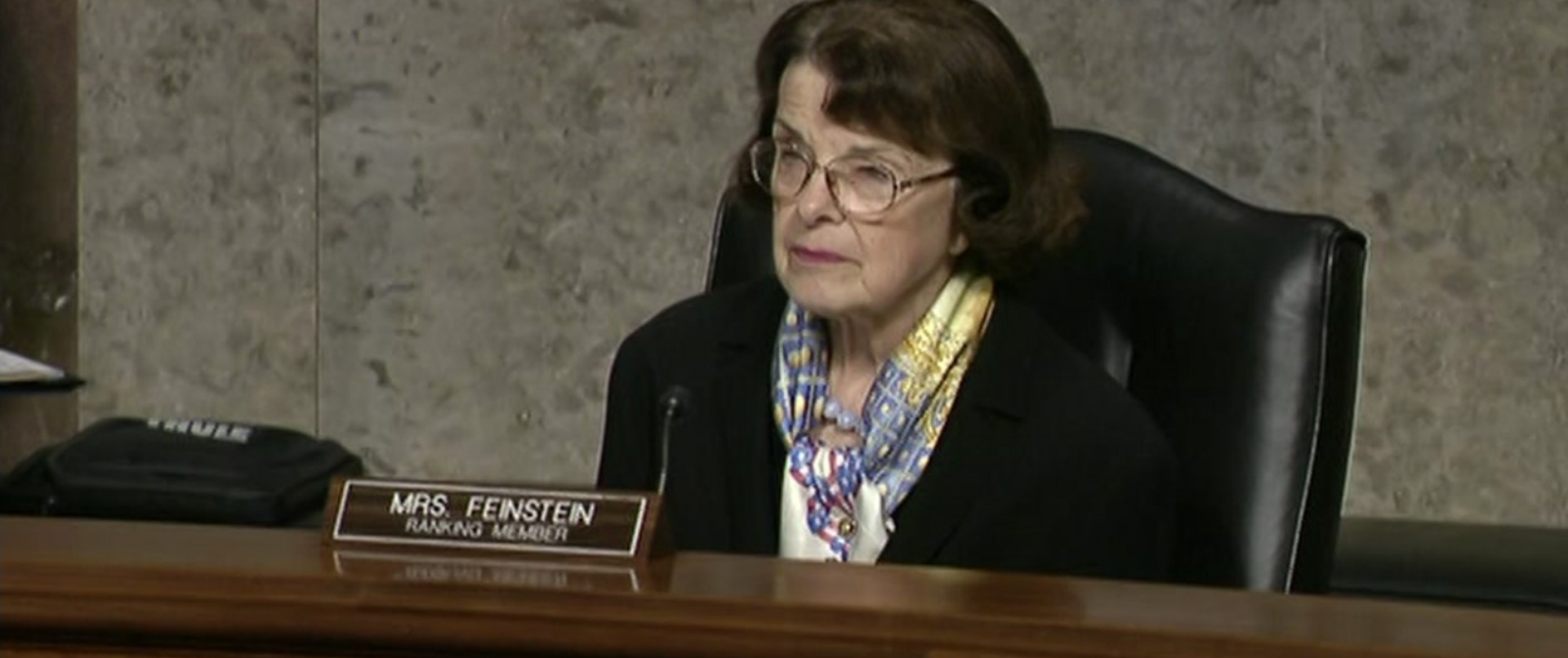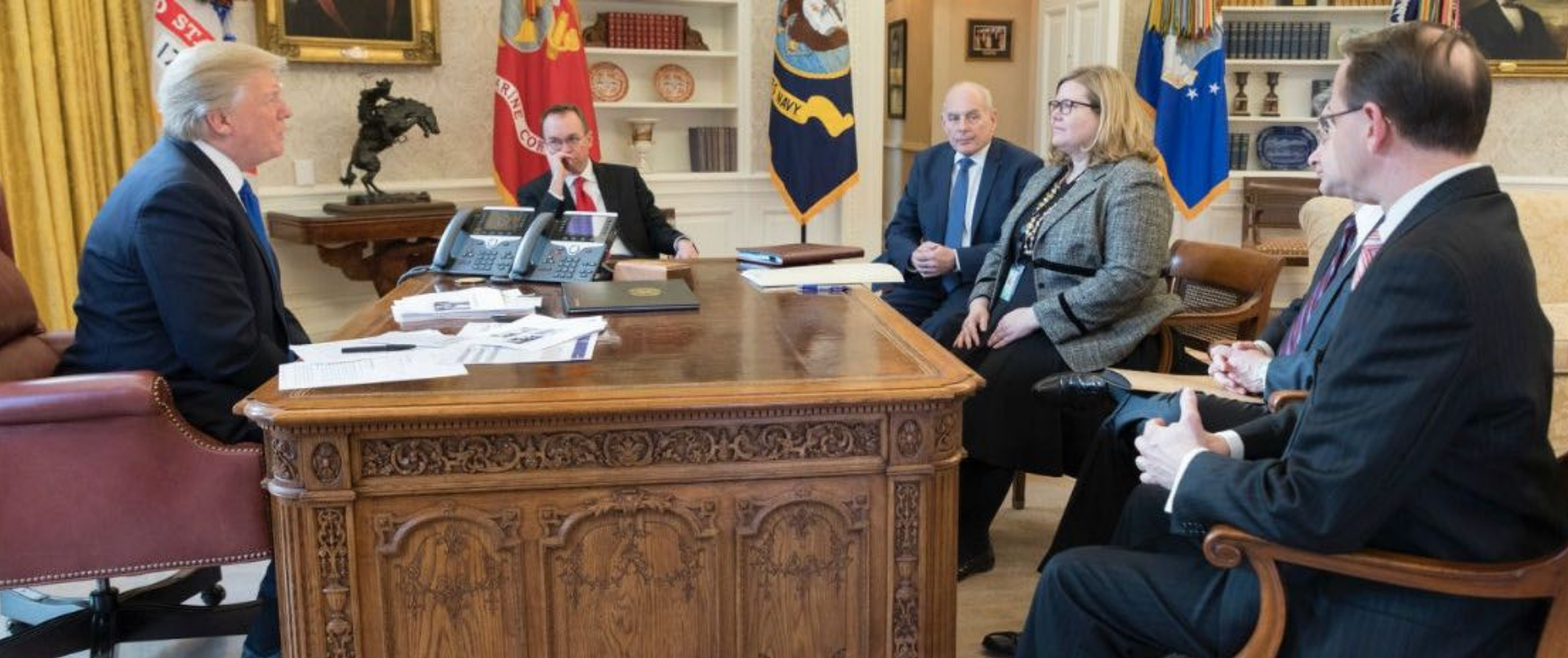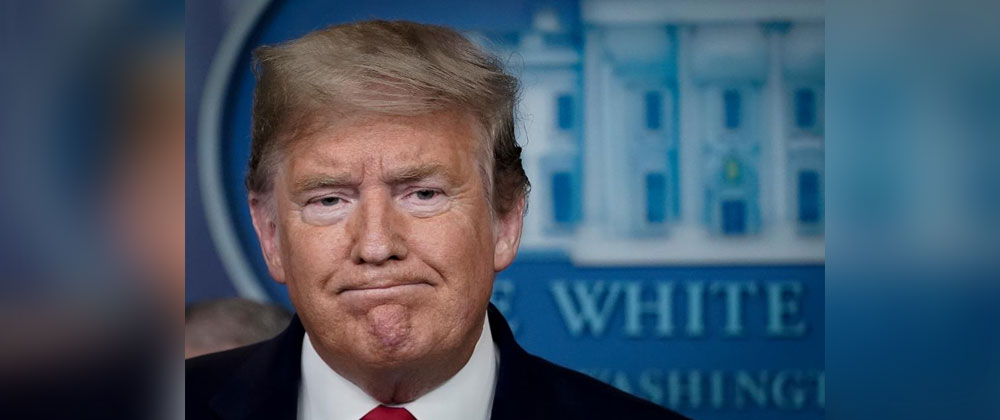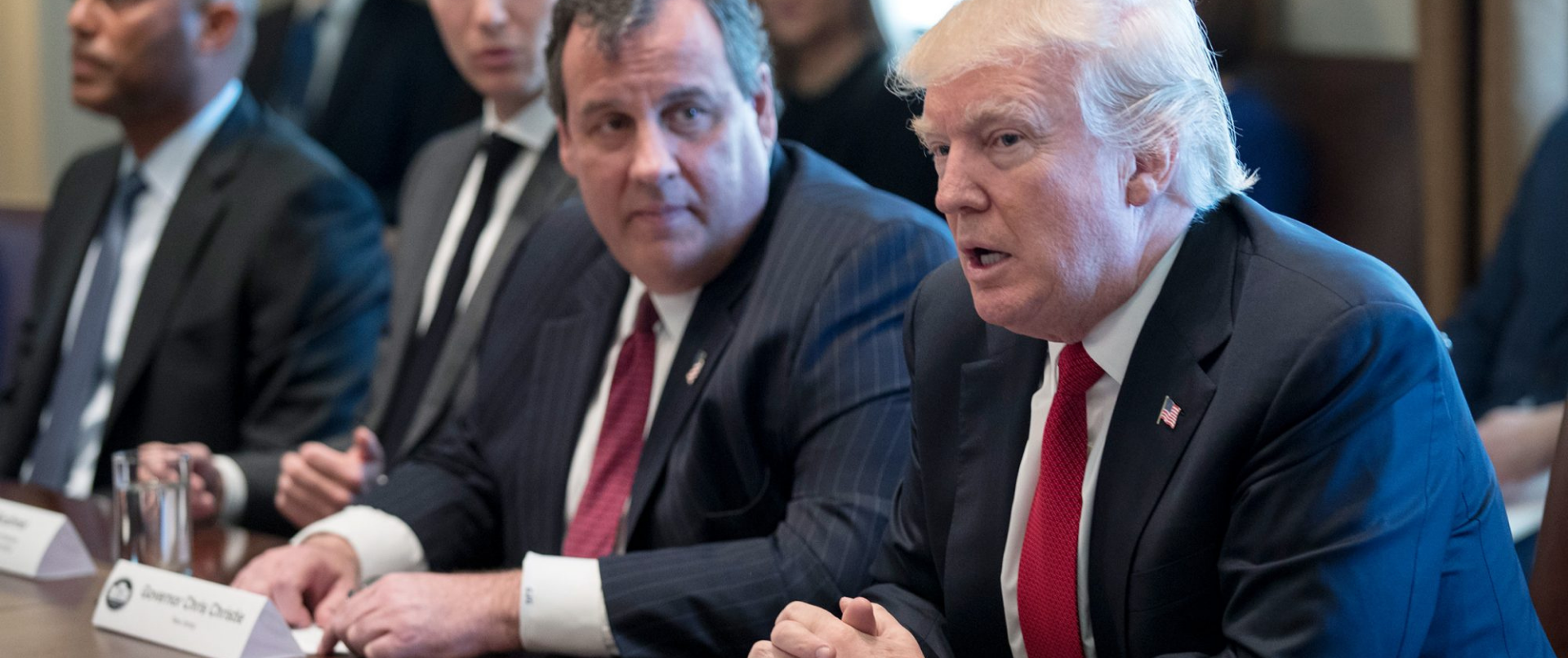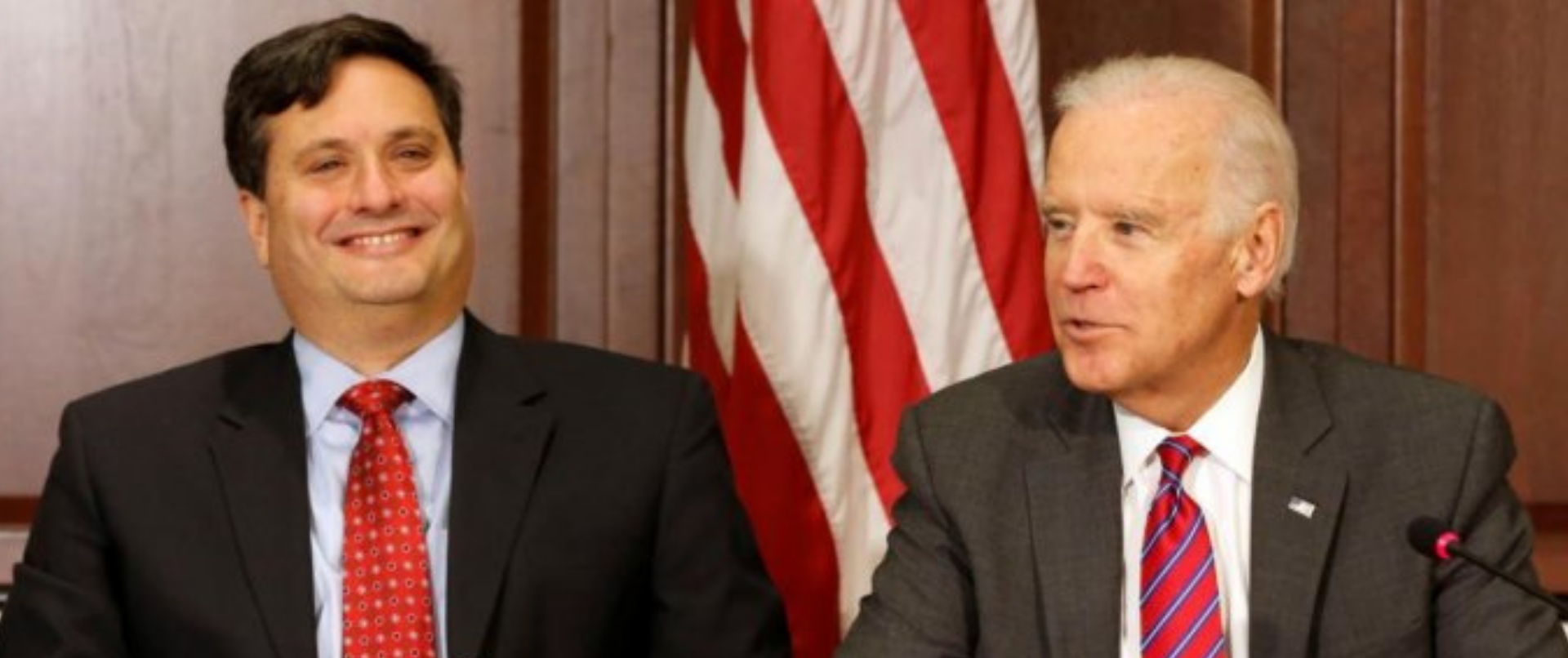Economists: Two million people filing for unemployment insurance every week is an insane state of the world
The U.S. is facing long-term economic damage from the coronavirus as lawmakers spar over boosted unemployment benefits amid stubbornly high weekly jobless claims.
More than a million Americans have filed new claims for unemployment benefits each week for the past four months. Those figures provide a grim backdrop to the fight unfolding in Washington over whether to extend enhanced unemployment insurance for millions of job-seekers.
Economists say the persistently high jobless claims coupled with the growing number of permanent job losses are troubling signs for both workers and the economy.
“The main thing that we’re seeing right now is the scarring of the economy happening in real time. We are seeing more people becoming permanently unemployed. We are seeing people continue to get laid off,” said Martha Gimbel, senior manager of economic research at philanthropic investment firm Schmidt Futures.
Gimbel and 150 other economists are issuing a warning that the scarring could get deeper and more damaging if the White House and Congress allow a $600 weekly boost to unemployment benefits to expire on July 31. The added insurance was implemented in late March with the signing of the CARES Act.
“We are worried about people getting evicted. We are worried about people being unable to feed their kids. This isn’t about stimulus. This is about support, and I think it’s really important to distinguish between those two things,” she said.
The labor force has regained roughly 8 million of the more than 20 million jobs lost since March, largely due to workers coming back from temporary layoffs.
But roughly 30 million Americans — 11.9 percent of the workforce — were receiving some form of unemployment insurance as of the first week of July. And while millions of furloughed workers returned to their jobs in May and June, another 2.9 million workers were permanently laid off during that period.
The unprecedented ways the pandemic has devastated the economy has also made it harder to gauge the full toll of the coronavirus recession.
The emergence of the pandemic forced thousands of businesses to shutter and layoff more than 20 million workers over two months. When states eased those restrictions in May and June, many businesses were able to reopen — if at reduced capacity — and bring back workers they had furloughed earlier.
“We’re seeing business closures and more short-term layoffs because of public health orders, which was not the case in the Great Recession or in prior recessions,” said Elizabeth Pancotti, policy adviser at Employ America, a progressive advocacy group.
“A lot of what we’re seeing is people moving in and out of the unemployment system,” she added.
The unemployment rate in June dropped to 11.1 percent from 13.3 percent the previous month and a post-Depression record high of 14.7 percent in April. Weekly jobless claims have steadily declined from a peak of 6.8 million in late March to 1.3 million in the second week of July.
But that 1.3 million figure is still almost twice the pre-pandemic high of 695,000 set in October 1982, and doesn’t include the more than 920,000 claims filed through the Pandemic Unemployment Assistance program for gig workers and others who do not qualify for the traditional system.
A renewed surge of coronavirus cases has prompted another wave of restrictions and a decline in consumer activity, particularly in hard-hit states. The steady rise of COVID-19 cases has weakened the economic forecast for the remainder of 2020 and beyond, prompting businesses to shed thousands of workers as they brace for a long and uncertain road to recovery.
“We’ve seen some signs lately of some slowing of activity because of the increased concern about the virus” said former Federal Reserve Chairman Ben Bernanke during a Friday hearing before a House subcommittee.
“So I don’t think we’ll see as rapid of a decline [in unemployment] as we’ve seen recently,” he added. “Maybe a little bit lower than where we are now, but not where we’d like to be.”
Bernanke’s successor, Former Fed Chair Janet Yellen, added at the same hearing that it could take two or three years to get “unemployment down to levels anywhere close to where we were before the pandemic.”
Both Bernanke and Yellen were among the more than 150 economists who urged Congress in a June letter to continue the $600 boost to unemployment benefits. Fed Chairman Jerome Powell has also warned lawmakers that failing to continue enhanced unemployment benefits in some form could be ruinous for the most vulnerable households.
Economists credit the increased unemployment benefits and other CARES Act stimulus measures with boosting consumer spending and retail sales in May and June after steep declines in March and April. Some unemployment experts have also cited rising weekly claims in Texas, California, Florida, and other states hit hard by surging coronavirus cases as reason for alarm.
“We might see some evidence in the July jobs report when it comes out in two weeks of new layoffs because of reclosures, and I would say the August jobs report will probably be worse than that because we’ll see more increases in cases,” Pancotti said.
Trump and Republicans generally oppose extending the $600 increase over fears it is incentivizing workers not to return to their jobs. Supporters of the increase counter that most workers would lose unemployment benefits if they decline a job offer. They also fear a wave of foreclosures, evictions, and business failures that could occur if household incomes plunge in August as surging virus cases prevent the unemployed from finding new jobs.
“Two million people filing for unemployment insurance every week is an insane state of the world,” Gimbel said.
“If we don’t keep people safe during a crisis that is a true act of God, then we’re in for some real long term suffering.”



